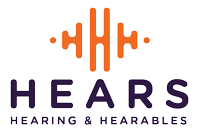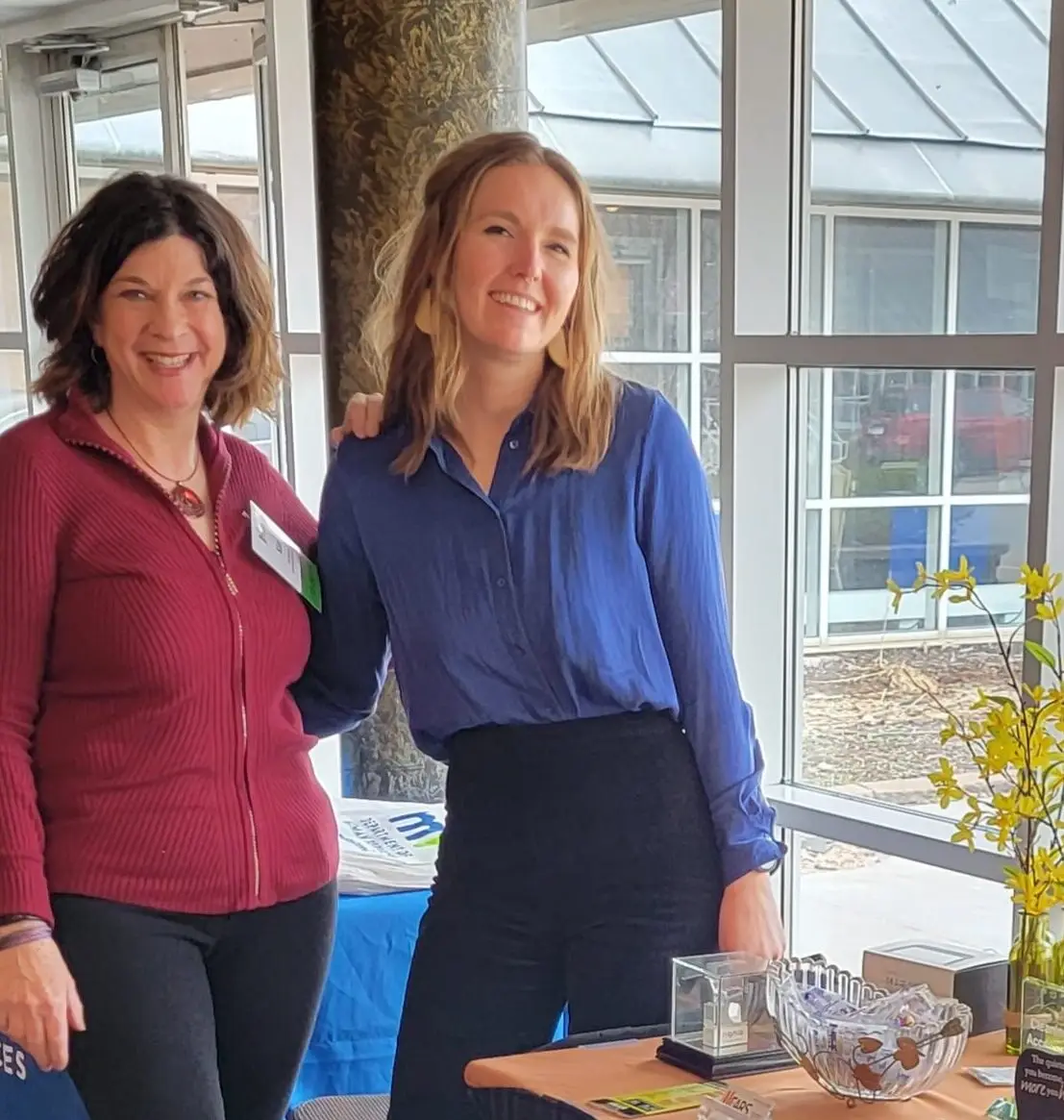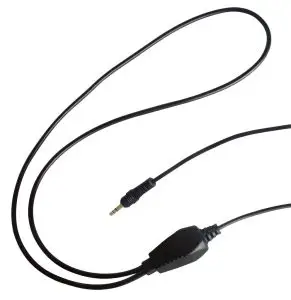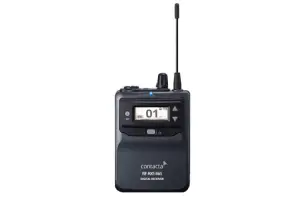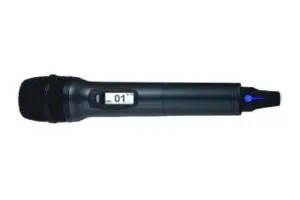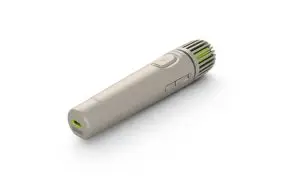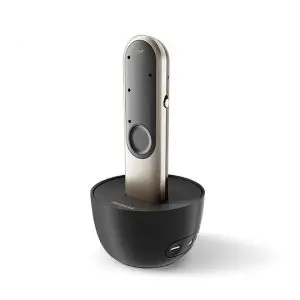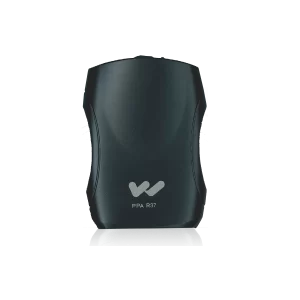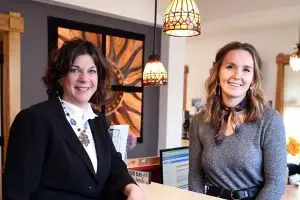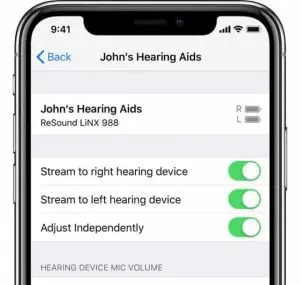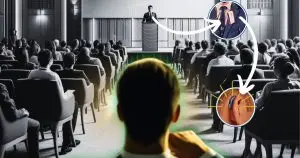In Your Tool Box, do you have an Assisted Listening Device Ready?
Various Providers Carry Assisted Devices to Help their Patients and Clients Hear Better When Visiting With Them.
I have been to many health fairs, at companies, neighborhoods, communities, churches and so many other places sharing with people the importance of hearing health care. I have promoted my clinic, hearing loops, accessories, hearing protection, and just the fact that hearing loss matters. This is the first time I have been to a psychology conference and am excited to tell you all about my experience. Something new for me that was fun.
We were at the conference to educate the psychologist about how few people do anything for their hearing loss and obviously, they go to see providers in various settings, as a psychologist, not hearing what the psychologist or clinician has to say. We shared that only 20% of the general population that needs hearing assistance gets assistance. The rest struggle their way through getting the important information at the appointment. We shared that after the person has had hearing loss for some time, on average 7 years, they finally come in to see us audiologists because they are tired of not hearing what the doctor said to them. We shared the research by Johns Hopkins, using Medicare data, that people with hearing loss end up more than others having a higher rate of hospitalization, longer hospital stays higher healthcare spending, and Lower adherence to treatment.
We shared what hearing loss can look like if someone isn’t hearing. That hearing loss isn’t all about being deaf and using sign language. It can look like a blank stare, an unanswered question, a laugh to no joke, the wrong answer, and a misunderstanding again and again in communication.
Besides sharing this information, we shared some ideas on what they can do to accommodate their patient. We can’t make someone get a personal device, but what the clinician can have is a device in their own toolbox to use to assist in communication. We had pocket talkers and FM systems there to demonstrate. For the most part, they were very interested, and many wanted to do something for their clients. Most took our information and hopefully will follow up with us so that we can help them figure out what type of assisted device they need for their practice.
Some of the psychologists already are using devices to help their clients hear. One psychologist said she had taken her mom (who can’t hear and refuses to get a hearing device) out to a doctor’s appointment, and low and behold, the physician pulled out of her lab coat a pocket talker of some sorts to communicate. Which the mother loved, and the daughter (psychologist) went out and bought one for her older mom! And the beauty is, that these assisted devices are affordable. The daughter was so pleased with that doctor, that she referred to him again and was thankful for that help with her mother.
In our store at Hears Hearing & Hearables, we have a few package options to include not only some choice products but our service to help find what is needed and help set up the program for them. It was neat telling the psychologists about the packages and I am hopeful we will hear from many of them in the days, months, and years ahead of us.
What was also so wonderful about going to the psychology conferences is that they were not overrun by product vendors like hearing aid manufacturers. They are not engrossed with products and sponsors like audiologists with manufacturers. The other booths were companies looking to hire psychologists including the Minnesota Department of Health. There was information there on teen challenges, abuse, eating disorders, depression, and some other business ideas that psychologists need and use.
While the psychologists were inside their meetings, we all talked. I learned so much about Ketamine for depression, abuse, anxiety, rural areas that need providers, and teenagers who don’t feel like they belong. I feel like I made friends or at least connections with like-minded people who want to help others. And of course, I got to put hearing loss on their list of what they learned. That is important.
Besides all that I also diagnosed myself with an eating disorder, found that there are vitamins you can take to reduce stress, and there are different forms of anxiety. All that aside, I learned that psychologists are polite, interested and their conference is like my audiology conferences minus all the hearing aid vendors there. Psychologists have researched what type of therapy works and a whole bunch of information on the brain. I must admit I sat in some of the lectures. Sadly, I missed the talk on working with people with disabilities. I understand they did have someone talking about working with people who are deaf.
What conference should we go to next? If you have any ideas we would love to hear from you. I would love to talk to internal and family medicine doctors, physician assistants, nurse practitioners, and others to help them help people who come see them and can’t hear, hear. Most definitely I will go back to a psychology conference again. I felt like I belonged.
If you are interested in providing a little assistance for someone who visits with you and might have a little hearing loss, reach out. We are here to help you figure that out and what you may need for that product. It is our passion.
Thanks for Reading.
Kim
